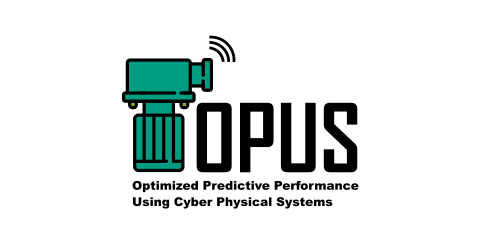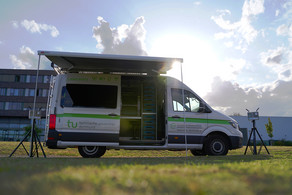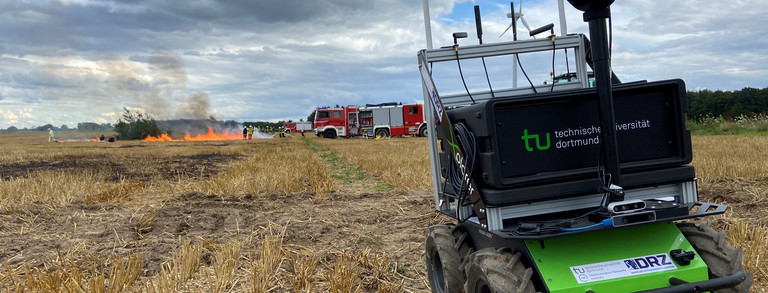OPUS
OPUS (Optimized Predictive Performance Using Cyber Physical Systems) is a project that develops value contributions, in terms of technologies and processes that are based on excellent methods and novel cyber physical system modules to
a.) guarantee a transparent flow of information, that helps the end consumer to easil control energy-efficiency criteria, based on a community-based assessment.
b.) enhance product and service quality by using (Big) Data Analytics tools, based on the latest sensors, to promptly and reliably evaluate system and environmental data of cyber physical systems, that are accompanied by Preventive Performance actions to prevent larger damages.

c.) prevent possible system breakdowns. For this, highly reliable communication systems and remote access enable a decentralized and context-based evaluation of measurement data, gained from a plurality of distributed and live operating cyber physical systems (e.p. pumps, sensor systems, drive).
d.) optimize the research and development process, which at the same time guaranteed the technological leadership (made in Germany/NRW). Already in the drafting stage, results from installed and productively running systems can be incorporated. In this way, the producer can identify optimization potential and can replace or further develop single components, that can already be in the next batch before warranty claims arise. A perennial development process can than be reduced to a few months.
Project duration: 15.05.2017 - 30.04.2020
TU Dortmund tackles the issue of a comparative analysis and the suitability validation of various cross-linking technologies; taking into account application-specific characteristics of data-transmission and the mounting situation of pump systems. The goal is to develop a holistic network of system participants in an interoperabel end-to-end system approach, that guarantees a reliable communication connection focused on the specific demands of
industrial IoT applications.
For this purpose qualified options of communication systems are identified and validated for an application under real conditions. A prototypical realization of laboratory set-ups as reference environment enables the verification of performance features of identified communication systems under controlled conditions, and serves as a transfer foundation into a demonstrator.
A performance assessment is additionally made for the communication system, that is integrated into the overall system, with regard to the availability, on the basis of raytracing analysis.
In this context, suitable raytracing models are designed and evaluated for, on the one hand characteristic mounting situations (e.p. private cellars or hospitals) and on the other hand for large scale net scenarios (e.p. the city of Dortmund).
Parallel to this, the traffic capacity is assessed in the course of a net simulation, which is done for different loading scenarios, and at the same time connects to results of the
raytracing analysis - all that under the consideration of suitable traffic models. This final comparative performance assessment of - the simulation, the alignment with the results of the laboratory setting as well as the demonstrator - enables a targeted evaluation of the planned communication systems for an up-scaled and real application.
This project is funded by the European Fund for Regional Development under the funding
code EFRE-0800885.
Dieses Vorhaben wird aus Mitteln des Europäischen Fonds für regionale Entwicklung (EFRE) unter dem Förderkennzeichen EFRE-0800885 gefördert.








